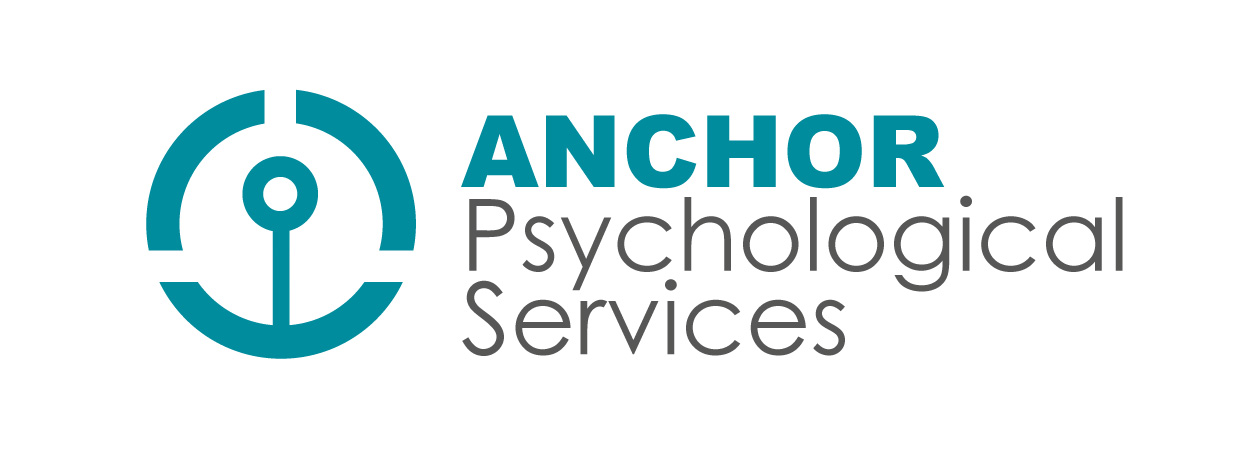What are Psychoeducational Assessments?
Parents or educators may have noticed that a student is not well-matched to his/her educational curriculum. He/she may be having difficulties in one or more subject areas or may be performing well-above peers. A psychoeducational assessment aims to give parents and educators a clear understanding of the child’s needs. It is a thorough assessment of the child’s educational needs, and it is important for caregivers to be well informed and actively involved throughout the process. The results will be summarized in a comprehensive report that may enable the school to make accommodations in the school and classroom setting to improve the goodness of fit of instruction and the child’s learning needs. The specific interventions will depend on the child’s profile. Assessments use objective, standardized measures to determine various areas related to cognitive functioning, information processing, academic skills, and social-emotional factors that may impact on learning.
The Assessment Process
Assessments are dynamic and individually tailored to the client and referral questions. While the format can be modified and adapted to the client’s needs, assessments are usually completed over multiple visits and involve the following components:
- Intake interview
- Information gathering from multiple sources (e.g., questionnaires completed by the client and other informants; review of report cards, etc.)
- One-to-one testing
- Feedback session to review the results and recommendations.
In general, these multiple visits have a total duration of 9 hours.
Post-Assessment Sessions
Following the feedback session, families are offered post-assessment sessions to assist the child and involved professionals to implement the recommendations based on the findings. These sessions may include individual work with the child, family/parent sessions, and consultation/meetings with school personnel.
